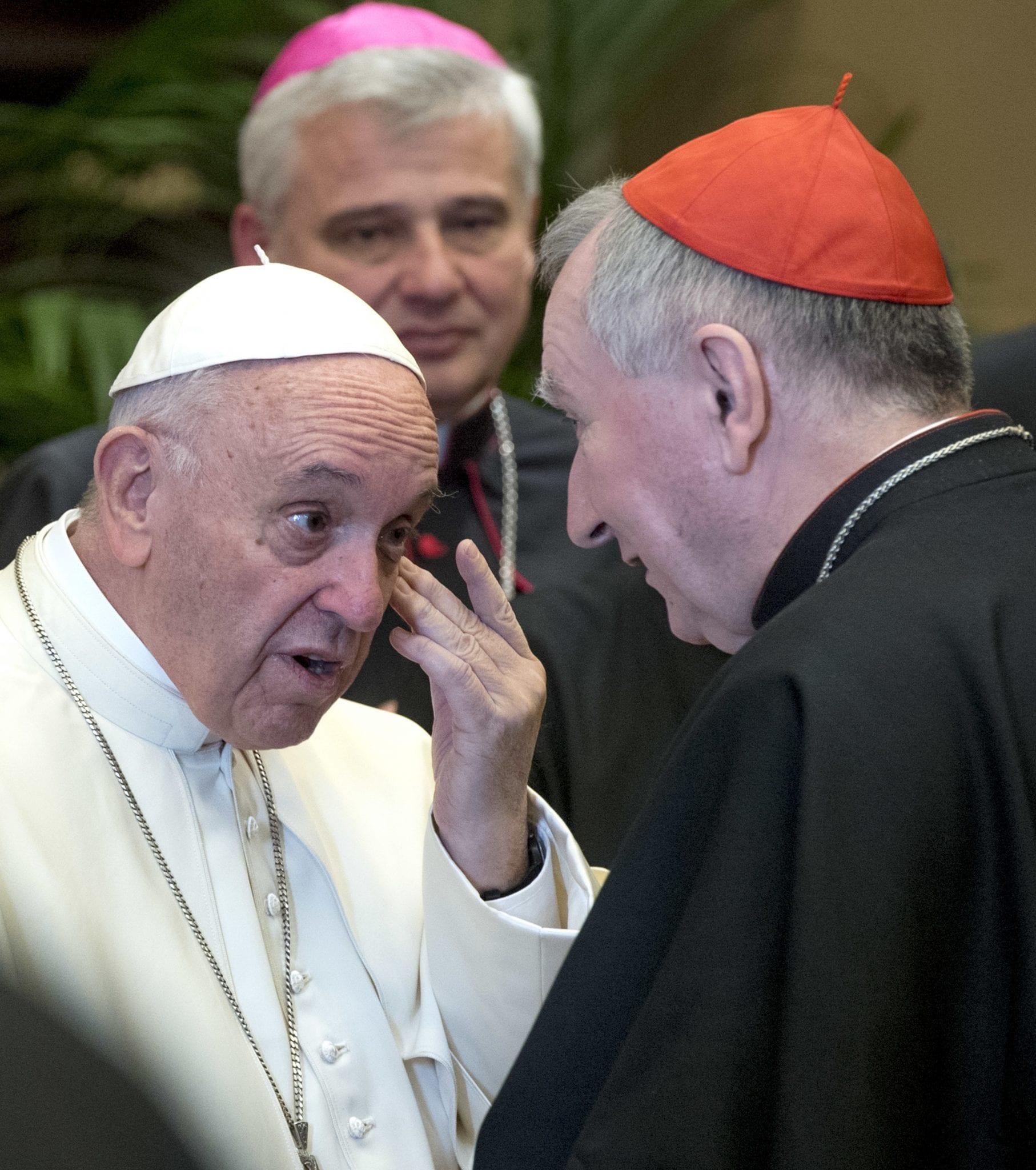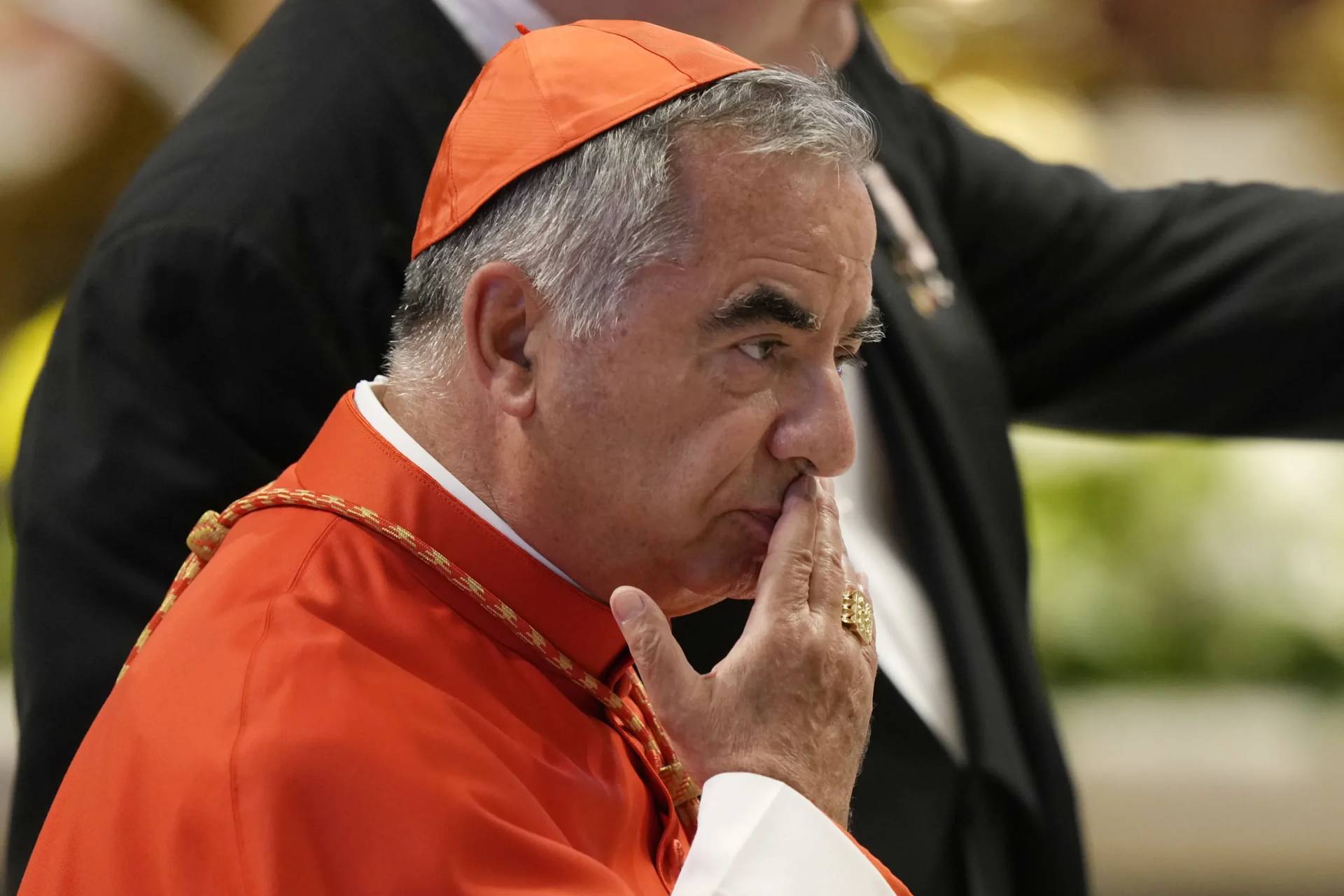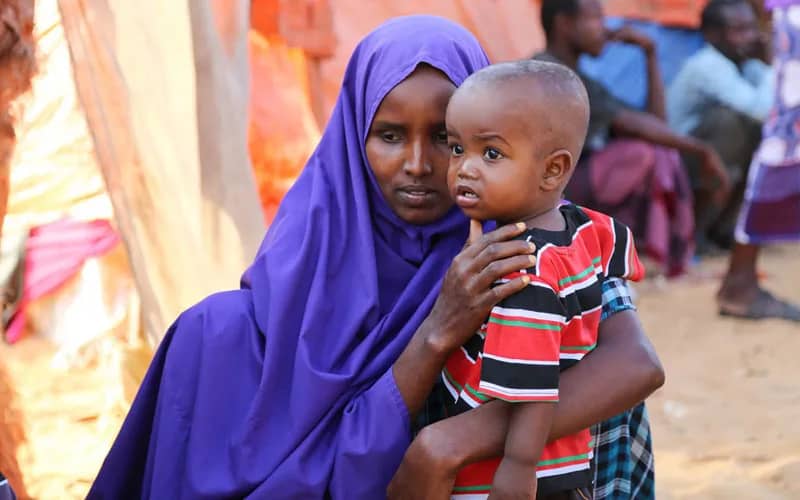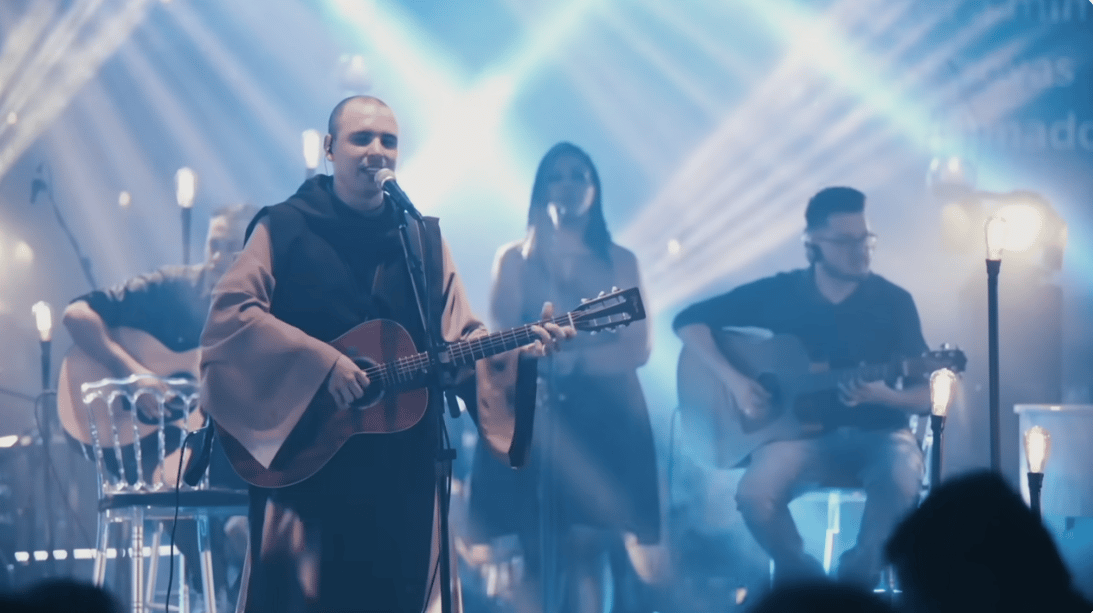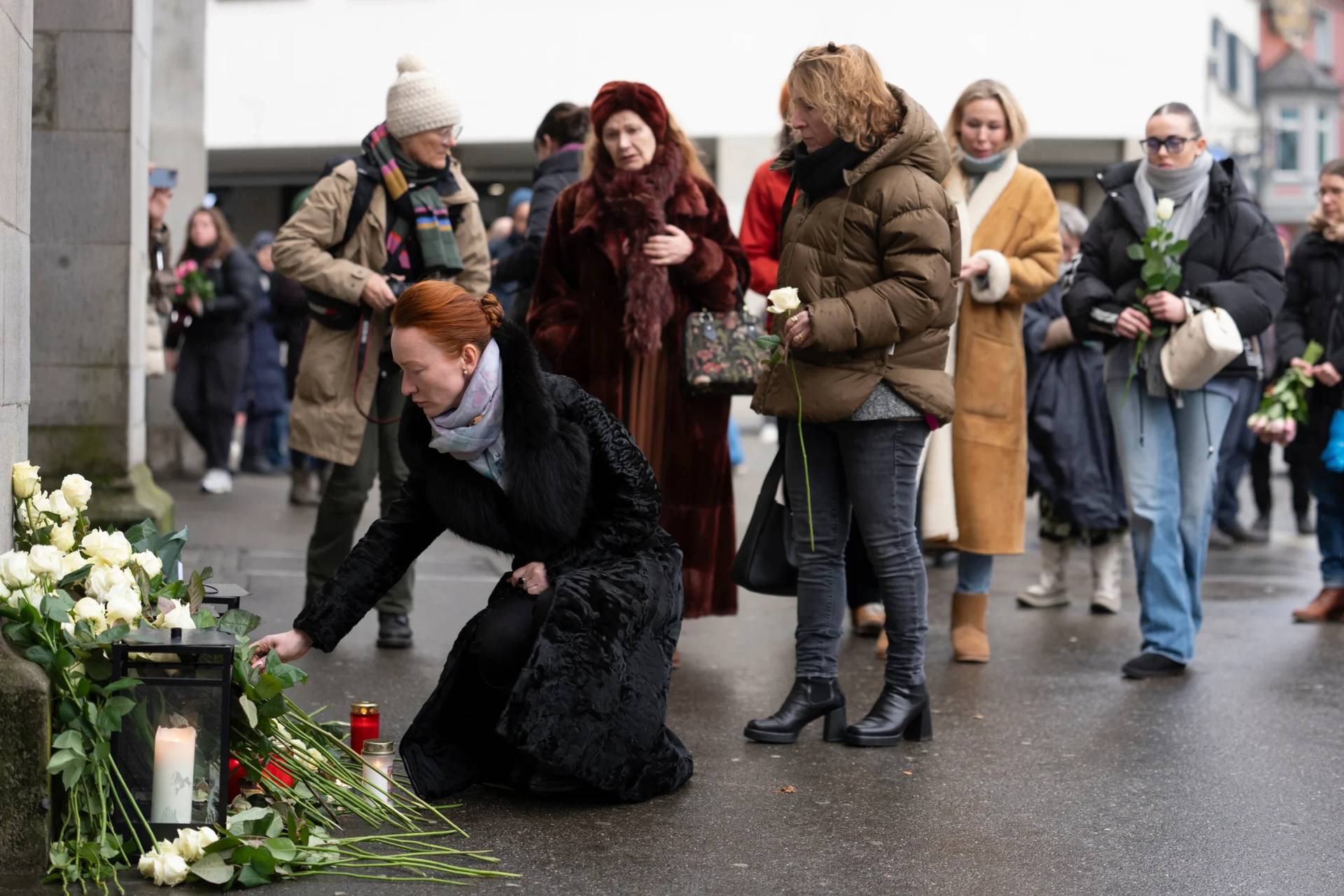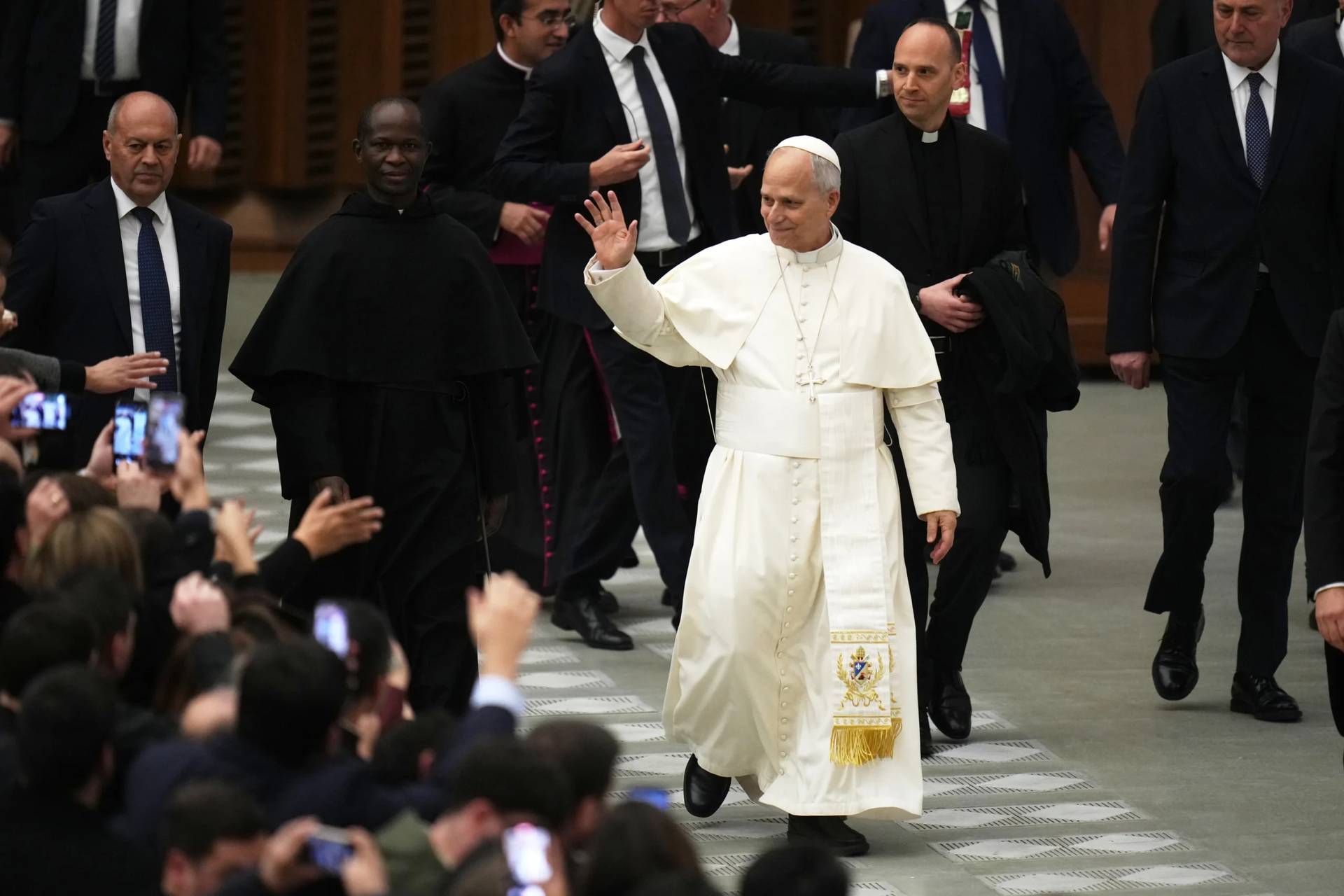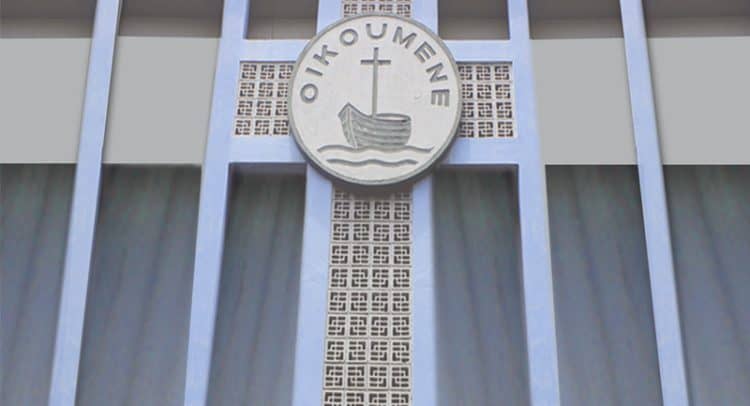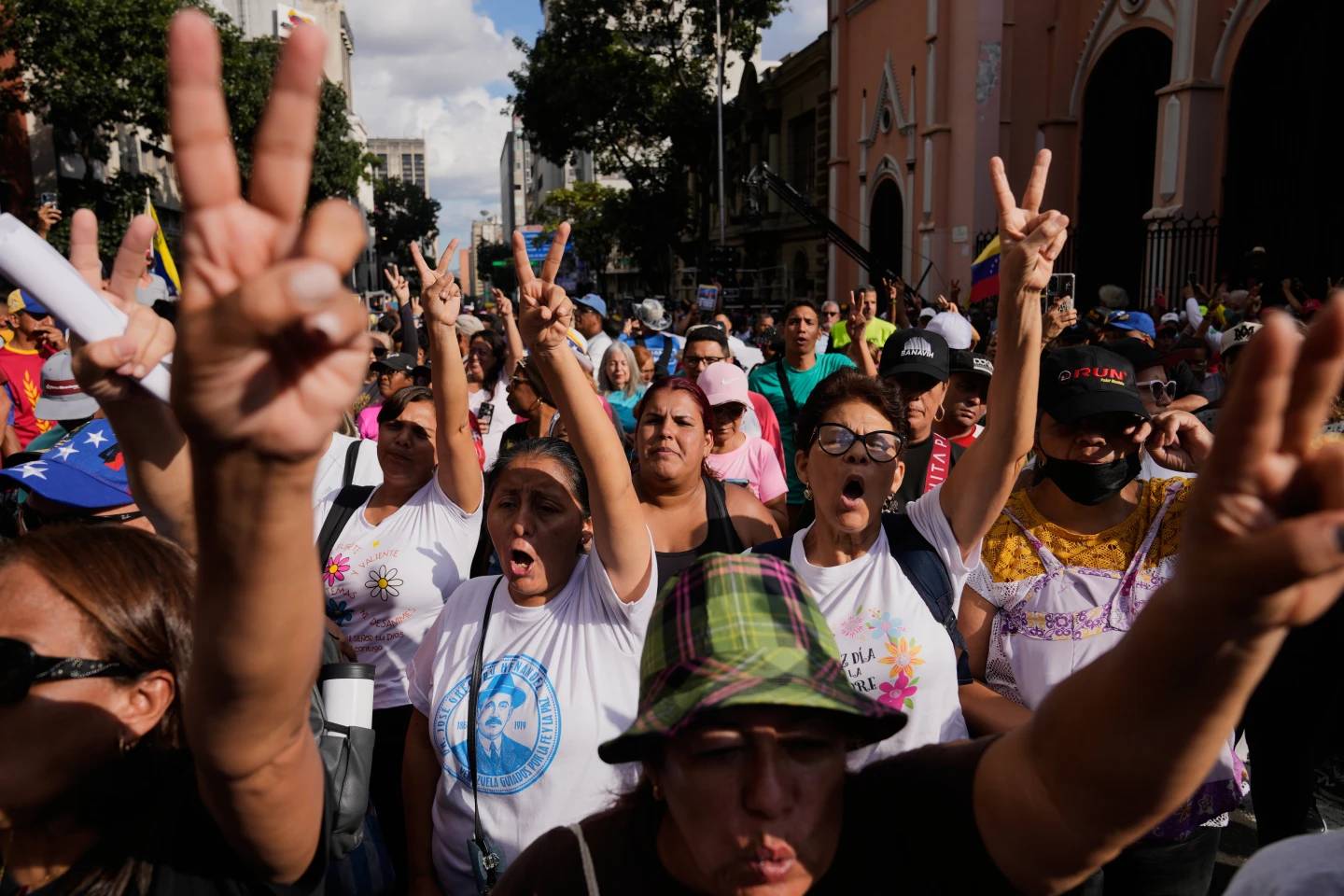ROME – In a wide-ranging interview, Cardinal Pietro Parolin, Pope Francis’s right hand man and top diplomat, spoke about the Vatican’s hope for the ongoing dialogue between the two Koreas and the concern over the situation in Syria. Regarding Alfie Evans – the English baby that died Saturday morning after his family lost a legal battle to keep him on life support – he said it was “impossible to believe” that his parents weren’t allowed to transfer him to the Vatican’s pediatric hospital.
The Vatican is “very worried” about the situation in Syria, Parolin said. “It’s a tragic and complicated matter.”
RELATED: ‘Roman Runners’ seminarians to cross Italy for Christians in Iraq, Syria
The Vatican’s Secretary of State noted that there are three levels of conflict: A local one, between President Bashar al-Assad and the opposition; a regional one mostly between Shiite and Sunni Muslims; and then the intervention of “the great powers” — at first joining forces against ISIS, and now, divided among themselves, these powers have begun fighting each other.
On ISIS, he said that even though the Islamic fundamentalist group has been defeated on the ground, “I do not think it’s ideologically [defeated].”
“We have witnessed a total disregard for human rights, with thousands and thousands of civilians involved in the war, used as hostages or human shields,” Parolin told the Italian daily La Stampa. “It’s the total destruction of humanitarian law.”
As for a solution to the conflict, he maintained the Vatican’s official line: There’s no military solution to it. Solving the conflict with armed forces, he argued, won’t lead to automatic peace, because “much hatred, many conflicts and divisions will remain in the country.”
On Alfie, the two-year old who died on Saturday after being hospitalized since Dec. 2016 with a rare, undiagnosed degenerative disorder, Parolin said the case caused him “enormous sadness.”
RELATED: Alfie Evans dies amid outpouring of prayer, support
Before Alfie was disconnected from his ventilator, his parents fought a legal battle to transfer the baby to the Vatican’s Bambino Gesù hospital. Italy granted him citizenship and the pope sent the hospital’s director to Liverpool, where Alfie was hospitalized, to try to facilitate the transfer.
Yet time and time again, the courts refused, arguing it wasn’t in the child’s best interest.
“It gave me an enormous sadness: In the face of openly manifested availability, repeatedly and with great commitment of resources – doctors from our hospital Bambino Gesù went to Liverpool three times – there was the refusal to allow Alfie to be brought to Italy,” Parolin said.
“It’s incomprehensible,” he added. “I cannot understand the logic. Or maybe there is [a logic], and it’s a terrible one. On the part of the pope and the Holy See, we tried to do everything possible to help the family and to ensure that the child was accompanied during the course of his illness, despite the poor prognosis.”
Parolin also noted that in these situations, “everyone shouts,” but now that the “case is closed, and the media will forget it quickly, there’s a need to reflect peacefully,” because there will be other cases.
“We should try to give a truly human response to these situations, based on love for the person, respect for his dignity and his uniqueness,” he said. “We hope that it will be possible to do so and that the topic will not be closed without thinking about it, ready to fight again in the next case.”
Francis openly expressed his support for Alfie many times, once clearly asking that his parents be given the opportunity to explore new treatments. Thomas Evans, Alfie’s father, met with Francis in the Vatican to personally ask him to intervene.
Speaking about the prospect of peace in Korea, Parolin said that there’s “great hope” after the risk of a possible nuclear conflict.
“The path is very delicate, an obstacle course, but the fact that this decision to negotiate has been made, without continuing with the escalation of missile launches, is a sign of hope,” Parolin said.
RELATED: Pope lauds ‘courageous’ effort made by Korean leaders for peace
North Korea’s Kim Jong-un has now spoken about denuclearizing the peninsula, which Parolin said “would mean dampening a fuse that could really cause enormous damage.”
On the ongoing dialogue between the Holy See and China, Parolin said that it goes on, “with a lot of patience, successes and failures,” but the fact that it proceeds is important.
Reports from earlier this year said the two sides were on the brink of an agreement about the appointment of bishops.
“If the government wasn’t communist and respected religious freedom, there would be no need to deal with it,” he said. “Because we would already have what we’d like.”
The Vatican’s decision to dialogue with China, Parolin said, is not rooted in politics: “There are those who’ve accused us of only wanting diplomatic relations as a sign of some sort of success. But the Holy See, as the pope has said many times, is not interested in diplomatic successes.”
RELATED: Chinese Catholics warned by provincial officials not to take children to Mass
“We’re interested in spaces of freedom for the Church, to guarantee that it can live a normal life that is made also in communion with the pope,” he said, adding that it’s “fundamental for our faith.”
According to Parolin, a fundamental aspect of any agreement between the Vatican and China is the unity of the Church, including that of China’s official Church, that is controlled by the government, and the so-called “underground” Church.
“We expect that we can reach an agreement regarding above all the process on the nomination of bishops,” Parolin said. “And we hope that the agreement is then respected. On our side, there’s the will to do so, and we hope that on the side of the Chinese government there’s the same will.”
